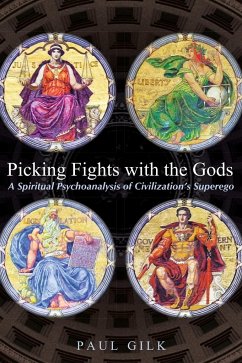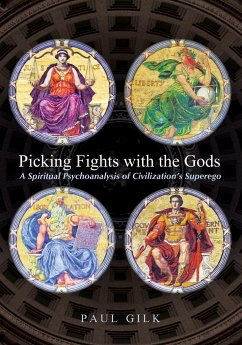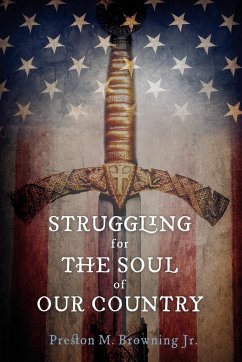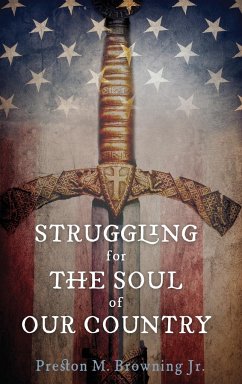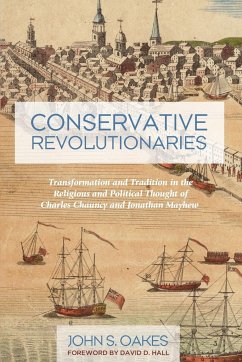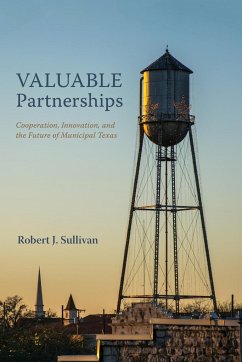The common understanding of ""apocalypse"" suggests End Times, Armageddon, and the end of the world. But the Greek word apokalypsis means none of these things. What it does mean is uncovering, disclosing, and revelatory. That ""apocalypse"" is so widely misunderstood as predestined disaster isn't due to natural evolution in meaning. To penetrate the misuse of apokalypsis is to discover mythic misrepresentation. That is, ""apocalypse"" doesn't generate End Times but--just the opposite--End Times compels apokalypsis. The actual threat of End Times--explicitly so with weapons of mass destruction and Anthropocene climate change--forces thoughtful people into a search for fundamental causes: Where do these destructive energies originate? Why are we so reluctant to recognize the obvious consequences and resistant to embrace available remedies? Why do we persist in denial and indifference? In these essays, Paul Gilk explores the underlying cultural and religious conventions (both ""conservative"" and ""liberal"") that constitute our resistance and refusal. To disclose and uncover those conventions, to dissolve our oblivion, is to awaken to apokalypsis and to realize the depth of our captivity within prevailing mythology, both religious and civilizational. If End Times is the disease, apokalypsis is the cure.
Hinweis: Dieser Artikel kann nur an eine deutsche Lieferadresse ausgeliefert werden.
Hinweis: Dieser Artikel kann nur an eine deutsche Lieferadresse ausgeliefert werden.

